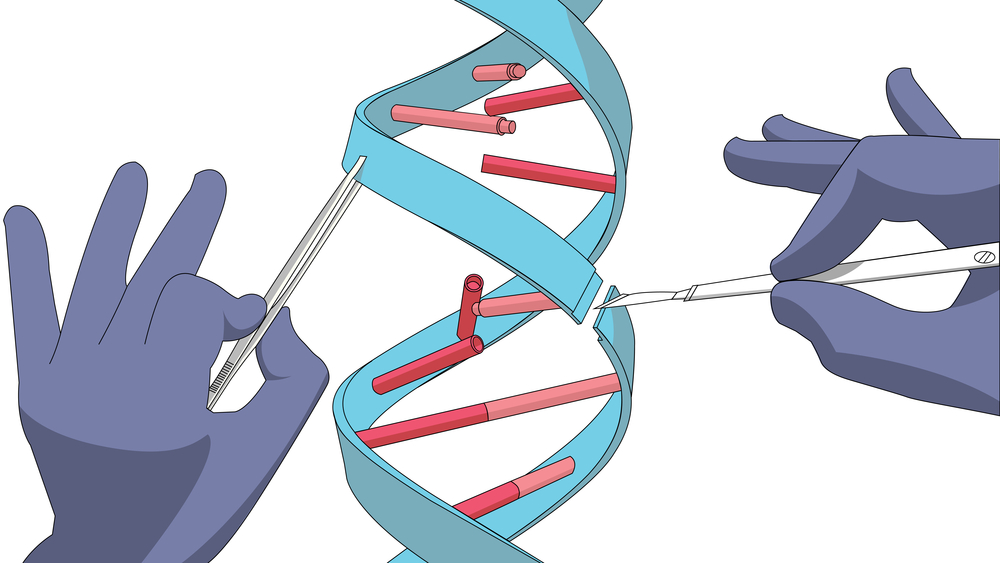CRISPR Gene Editing Technique Featured in Upcoming Myeloma Immunotherapy Trial
Written by |

A Phase 1 clinical trial that uses the gene editing tool CRISPR to engineer multiple myeloma cellular immunotherapy will soon be underway at the University of Pennsylvania.
The small study, which also will enroll patients with other cancer types, aims to create cancer-fighting T-cells with the help of the innovative gene-editing technology. The trial will become the first U.S.-based human CRISPR study. Chinese scientists already are studying human applications of this method.
According to MIT Technology Review, which first reported that scientists are moving ahead with the study, researchers received a green light for the human use of CRISPR technology from a National Institutes of Health advisory group in 2016. The study’s launch had been postponed until this year. The research team, which recently posted the study (NCT03399448) on a government-run clinical trials repository, said it is in the final stages of preparation, although a date to begin patient recruitment has not yet been announced.
The trial will include 18 patients with myeloma, sarcoma, and melanoma. Patients will have their own T-cells collected, modified, and then injected back into the patients to attack the cancer.
Researchers will deliver a gene with the help of a viral carrier that will lead T-cells to target the cancer molecule NY-ESO-1. In addition, scientists will use CRISPR gene editing to do away with T-cell receptors and PD-1.
PD-1 is a molecule that a tumor uses to evade an immune attack. By producing another factor that binds to PD-1 on T-cells, a tumor fools the immune system into responding as if everything is safe. Scientists hope that by removing PD-1 from the T-cells, it will be harder for the tumor to trick the immune system into inactivity.
Instead of the natural T-cell receptor — which is used to spot the presence of a microbial intruder or tumor — the cells will be equipped with one that specifically recognizes NY-ESO-1.
It is not yet known if the approach is safe. Determining safety is one of the new trial’s main goals.
Before receiving the NYCE T-cells, patients will be treated with chemotherapy to eliminate natural immune cells. After a single infusion delivered to patients, researchers will continue monitoring them for toxicities and side effects for five years. Scientists also will assess if it is feasible to manufacture these types of cells.
The therapy’s effects also will be studied. These include response rates, such as the percentage of patients who see their tumors completely eradicated. Scientists also will record response duration, survival, and time to disease progression.



